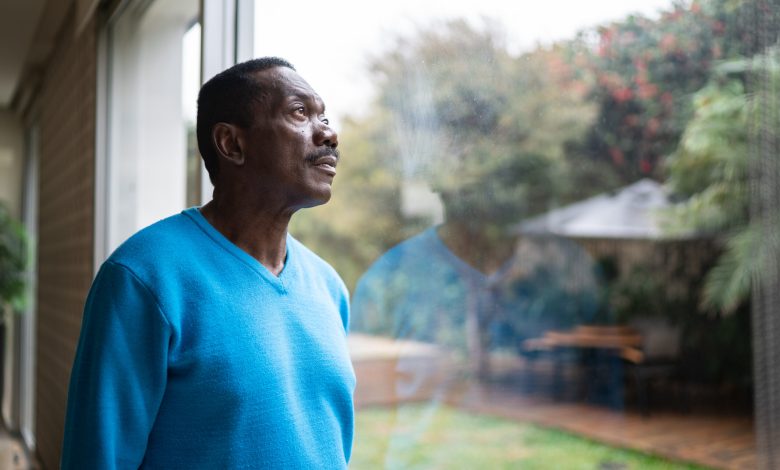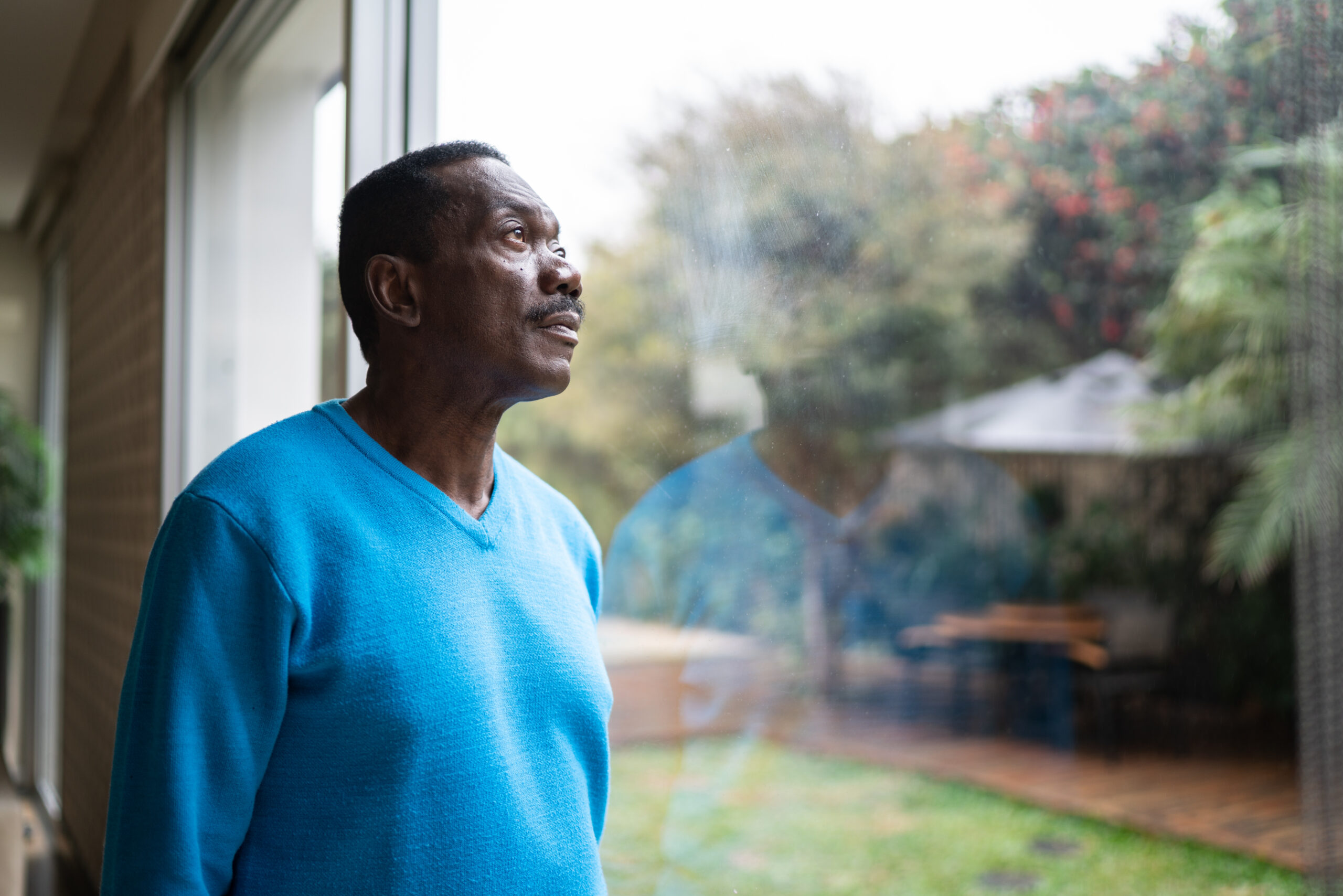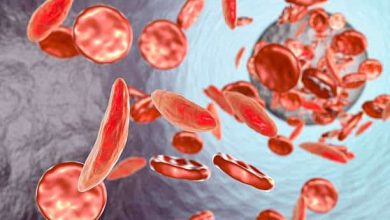Overcoming Tuskegee: How To Establish Black Trust in Clinical Trials – BlackDoctor.org


The Tuskegee Syphilis Experiment has left a painful legacy of medical mistrust in the Black American community. In the 1932-1972 study, researchers withheld treatment from Black men infected with syphilis to observe the disease progression—without informing them of their diagnosis or that treatment was readily available.
“The awful thing about the Tuskegee experiment is people were not injected with syphilis…They did they were not offered a treatment that was known to be effective,” Dr. Jehan El-Bayoumi, an internal medicine doctor, better known as Dr. Gigi, told BDO. This unethical experiment bred deep distrust of the medical system that persists today.
Preventing future harm
However, Dr. Gigi cautions against dismissing medicine entirely due to this past wrong. She advocates nuance in response to Tuskegee’s complex legacy: “We have to be careful is to not throw out the baby with the bathwater,” Dr. Gigi argues.
We must stay vigilant against future harms but also recognize real benefits clinical research offers people of color today. While warranted, distrust can also prevent vulnerable groups from accessing cutting-edge, personalized treatments that improve outcomes.
Clinical trial safeguards for Black Americans
Modern safeguards also prevent ethical breaches like Tuskegee moving forward. Per Dr. Gigi, “Because of the Tuskegee experiment, any sort of [clinical] trials that are done have these safeguards, where you have to have informed consent, you have to be able to understand what you’re tiny, you can’t just say, well, here, just sign this…You really have to understand it, understand what’s going on.”
Oversight bodies carefully evaluate proposed trials, as Dr. Gigi describes: “There is an institutional review board comprised of physicians, nurses, clergy, patients, scientists. And so they will look at this and say, well, is this a valid clinical trial? What are the potential harms to the patients?” These rigorous ethical standards help prevent




